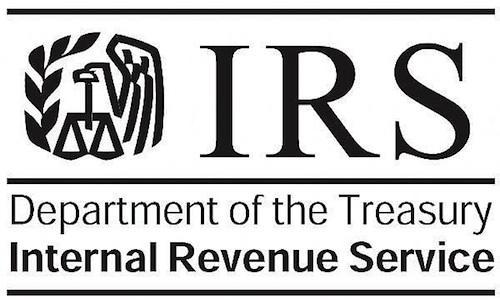In response to challenging remote working environments caused by the COVID-19 pandemic, the Internal Revenue Service (IRS) notified its employees in late March that they may temporarily accept scanned or digital signatures as well as allow the sharing of certain documents via email. In a related memorandum issued on June 12th, the IRS extended the guidance expiration date from July 15, 2020 through to the end of 2020. However, this relief from the “wet” signature requirements was severely limited in scope and did not include documents associated with return filings or extensions.
Following a letter submitted earlier this month by the American Institute of CPAs (AICPA) requesting that the IRS expand the scope of the June 12th memorandum to all electronic file (e-file) signature authorization forms and non-income tax returns, including paper-filed returns, the IRS issued a new memorandum allowing for a temporary deviation from the handwritten signature requirement for a limited list of tax forms.
“We greatly appreciate the IRS’s decision to expand the scope of their e-signature requirements. By expanding the scope of relief beyond collection activities, the IRS is lessening the burden on taxpayers and tax practitioners in a significant way,” said AICPA Vice President of Taxation, Edward Karl, CPA, CGMA. “The steps taken by the Service helps the nation navigate difficult circumstances. We encourage the IRS to continue to work to make this relief permanent.”
Currently, 11 states have provided pandemic-related guidance allowing for expanded e-signature use on tax returns. These states recognize the health and technology challenges arising from COVID-19 and understand how these challenges make it difficult for practitioners and clients to obtain handwritten signatures.
The Form 1040, U.S. Individual Income Tax Return, already uses an electronic signature when it is filed electronically, either by using a taxpayer self-selected PIN, if self-prepared, or a tax-preparer selected PIN, if using a tax professional. More than 90% of Form 1040s are filed electronically. The IRS recommends all taxpayers consider e-filing forms this year, whenever possible, because of COVID-19.
The below list of forms is available at IRS.gov and through tax professional’s software products. These forms cannot be e-filed and generally are printed and mailed. The IRS will not specify which digital signature product tax professionals must use. There are several commercial products available.
The following forms can be submitted with digital signatures if mailed by or on Dec. 31, 2020:
- Form 3115, Application for Change in Accounting Method;
- Form 8832, Entity Classification Election;
- Form 8802, Application for U.S. Residency Certification;
- Form 1066, U.S. Income Tax Return for Real Estate Mortgage Investment Conduit;
- Form 1120-RIC, U.S. Income Tax Return For Regulated Investment Companies;
- Form 1120-C, U.S. Income Tax Return for Cooperative Associations;
- Form 1120-REIT, U.S. Income Tax Return for Real Estate Investment Trusts;
- Form 1120-L, U.S. Life Insurance Company Income Tax Return;
- Form 1120-PC, U.S. Property and Casualty Insurance Company Income Tax Return; and
- Form 8453 series, Form 8878 series, and Form 8879 series regarding IRS e-file Signature Authorization Forms.
Thanks for reading CPA Practice Advisor!
Subscribe Already registered? Log In
Need more information? Read the FAQs




